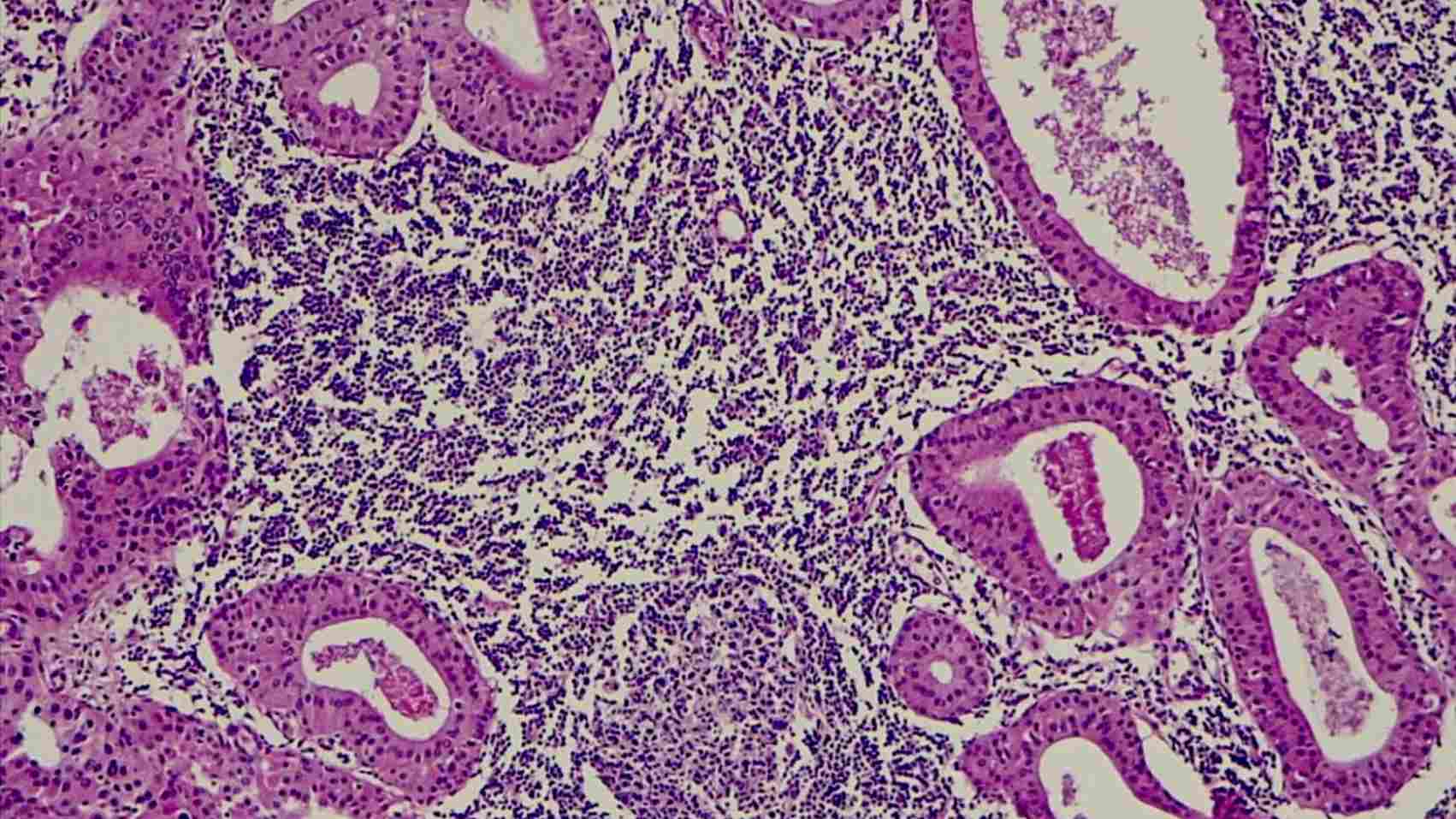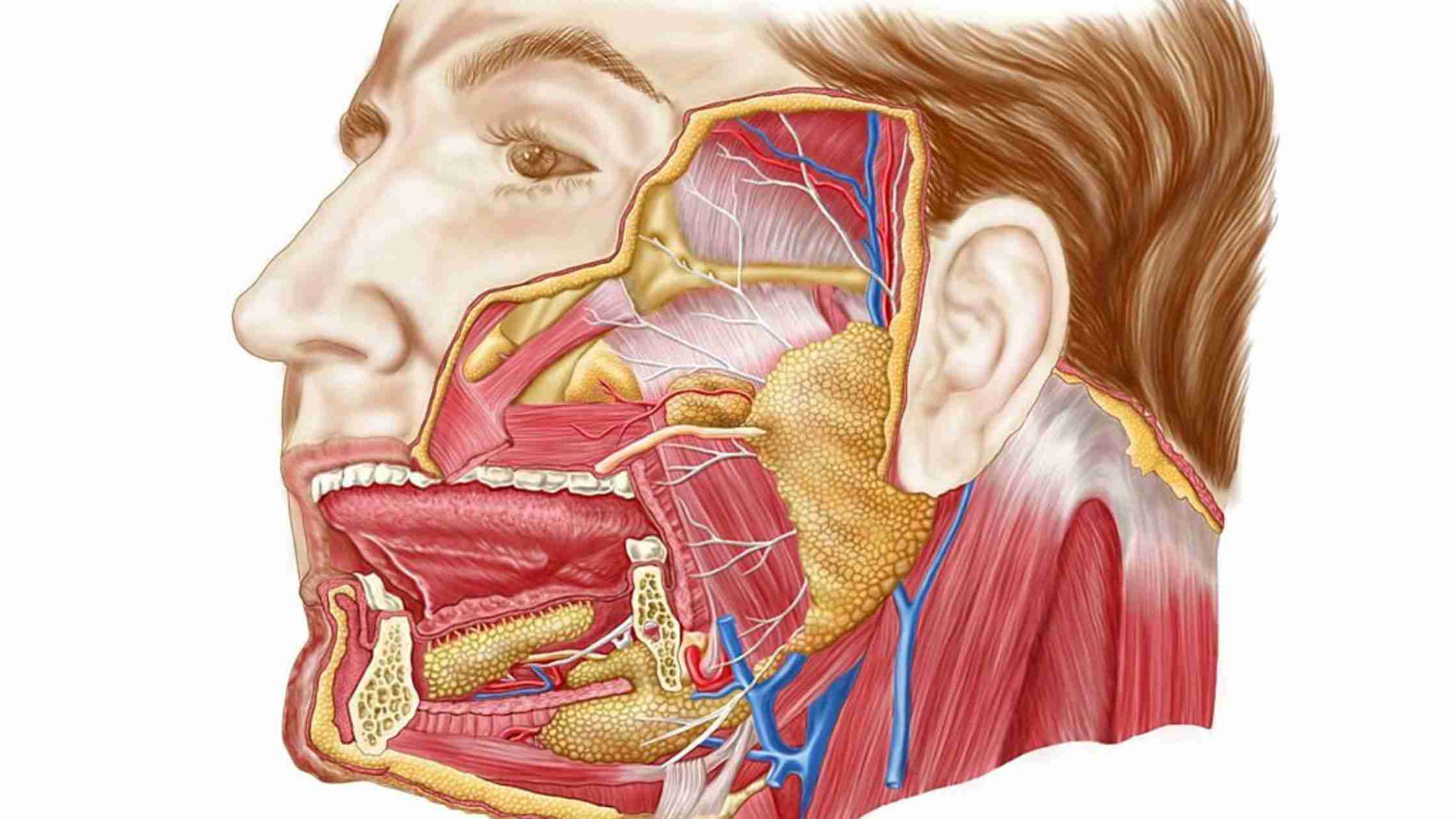Salivary Gland Cancer May Be Treated With P53 Gene – Researchers Found

Salivary gland cancer is a relatively rare subset of head and neck cancer affecting only 1% of the population, roughly around 3000 people in a year. Though the occurrence of salivary gland cancer is rare, the disease itself has a very high mortality rate, due to the delay in the proper diagnosis of the disease. Usually, by the time the cancer of the salivary glands is diagnosed, the tumor must have reached an advanced stage with a high probability of metastasis.
Further, cancer can quickly metastasize along the nerves to the brain, making it more fatal than other head and neck cancers. Usually, salivary gland tumors are treated with conventional methods such as radiation and or surgery. But now researchers have found a new way to treat salivary gland cancers by targeting the cancer stem cells, which they believe will provide a better prognosis than conventional treatment methods.
The researchers observed that by using small molecule inhibitors, cancer stem cells could be decreased significantly. Hence the new drug will fundamentally target the stem cells and change their behavior, which makes them more vulnerable to traditional cancer treatments. Further, the treatment reduces the possibility of recurrence by a significant margin. The new method works by activating the non-mutated P53 gene, and the method is particularly effective in the case of salivary gland cancers, since P53, atypically, is non-mutated in salivary gland cancers. If the P53 is mutated, which is commonly seen in other types of cancers, the drug won’t work.
Role Of P53 In the Treatment Of Salivary Gland Cancer
Researchers at the University of Michigan Rogel Cancer Center had been conducting studies on drugs that could potentially activate non-mutated P53 and found that small molecule inhibitors could do the job. The results of the recent studies also suggest that P53 plays a central role in the etiology of salivary gland cancer, and hence the activation of P53 could open new possibilities in the treatment of salivary gland cancer.

Research in this area is partially funded by NIH, and the results of a study had previously appeared in Clinical Cancer Research. Previously, as a part of the study, researchers had developed a drug named MI-773 which could be used in combination with standard chemotherapy. The drug works by activating P53 which blocks certain molecular interactions indicated in the development of tumors. Blocking the molecular interactions has made the salivary gland cells more vulnerable to the chemotherapy drug which would then kill the tumor mass effectively. Mi-773 itself exerts its independent action by killing the cancer stem cells which are mostly responsible for metastasis and the recurrence of cancer. The findings indicate that P53 can indeed cause apoptosis of cancer cells. Since in salivary gland cancer, P53 is non-mutated, a combination treatment of chemotherapy and the new drug would work well to produce the desired therapeutic effect.
Different methods were tried by the researchers to determine the efficiency of the new drug in the treatment of salivary gland cancer. A combination of chemo and the new drug reduced the tumor size significantly, almost to the point of non-existent. When researchers surgically removed the tumor in mice, and the new drug was administered without any concurrent chemotherapy, they found that the recurrence of cancer was absent for a period of ten months post-treatment. This was in comparison with a 62% recurrence of tumors in mice that had surgery alone as the treatment.
Hence the trial was conclusive about the efficiency of combining the new drug with the existing drugs used in chemotherapy, for the treatment of salivary gland cancer. Though these trials give new hopes about devising new treatment methods in salivary gland patients, perhaps human trials are needed to confirm the benefits, as much of the salivary gland cancers in humans may only recur after around ten years.





